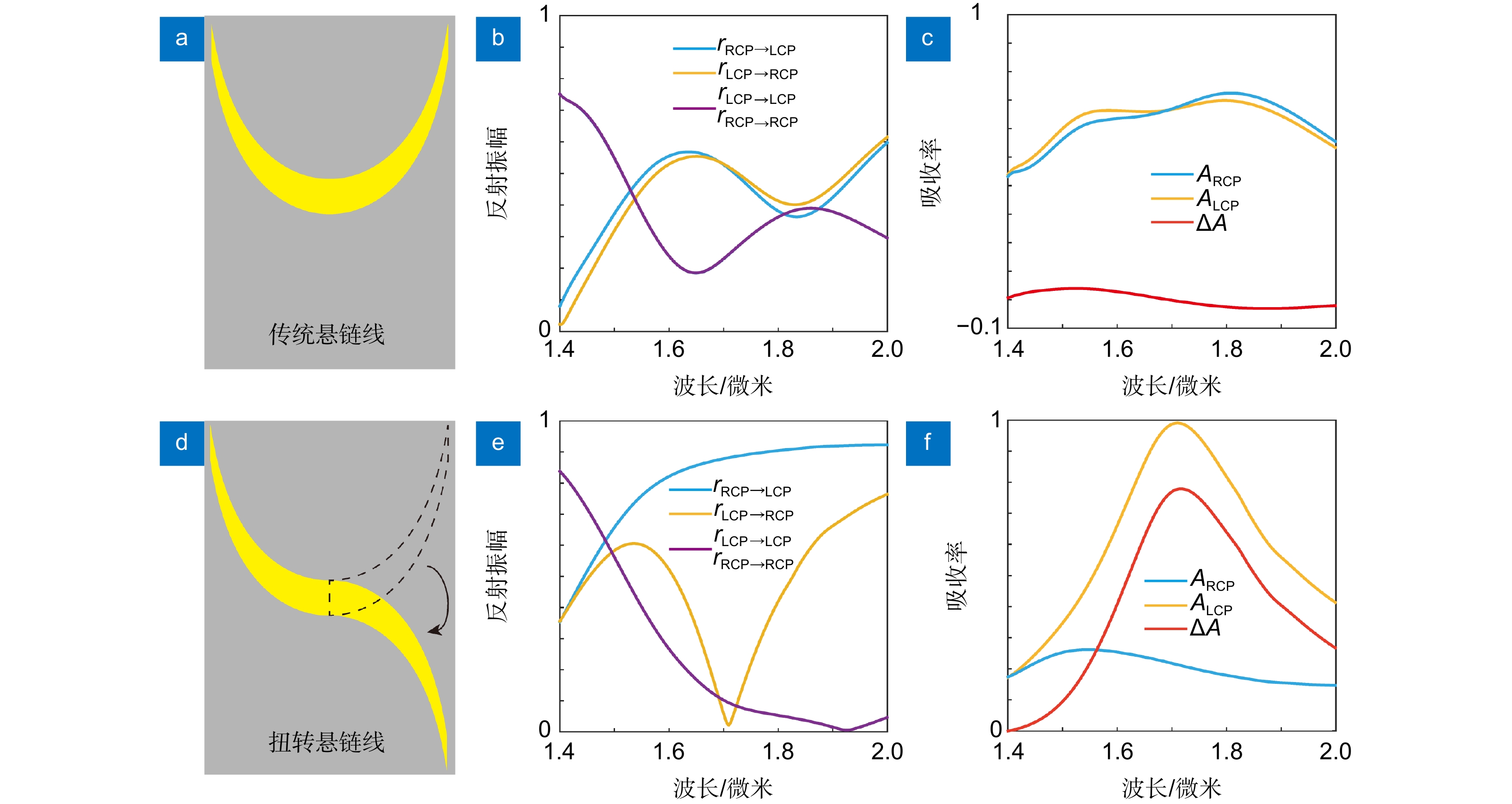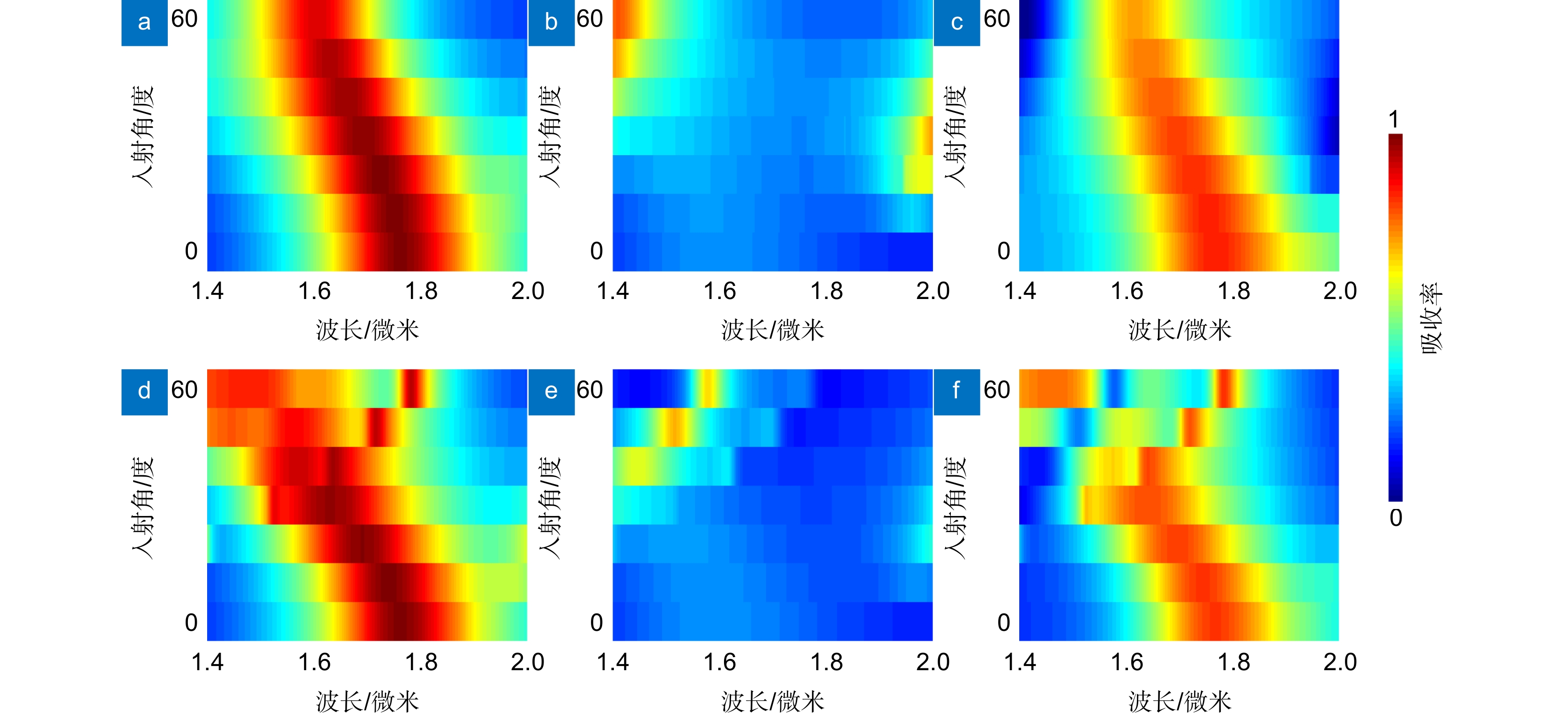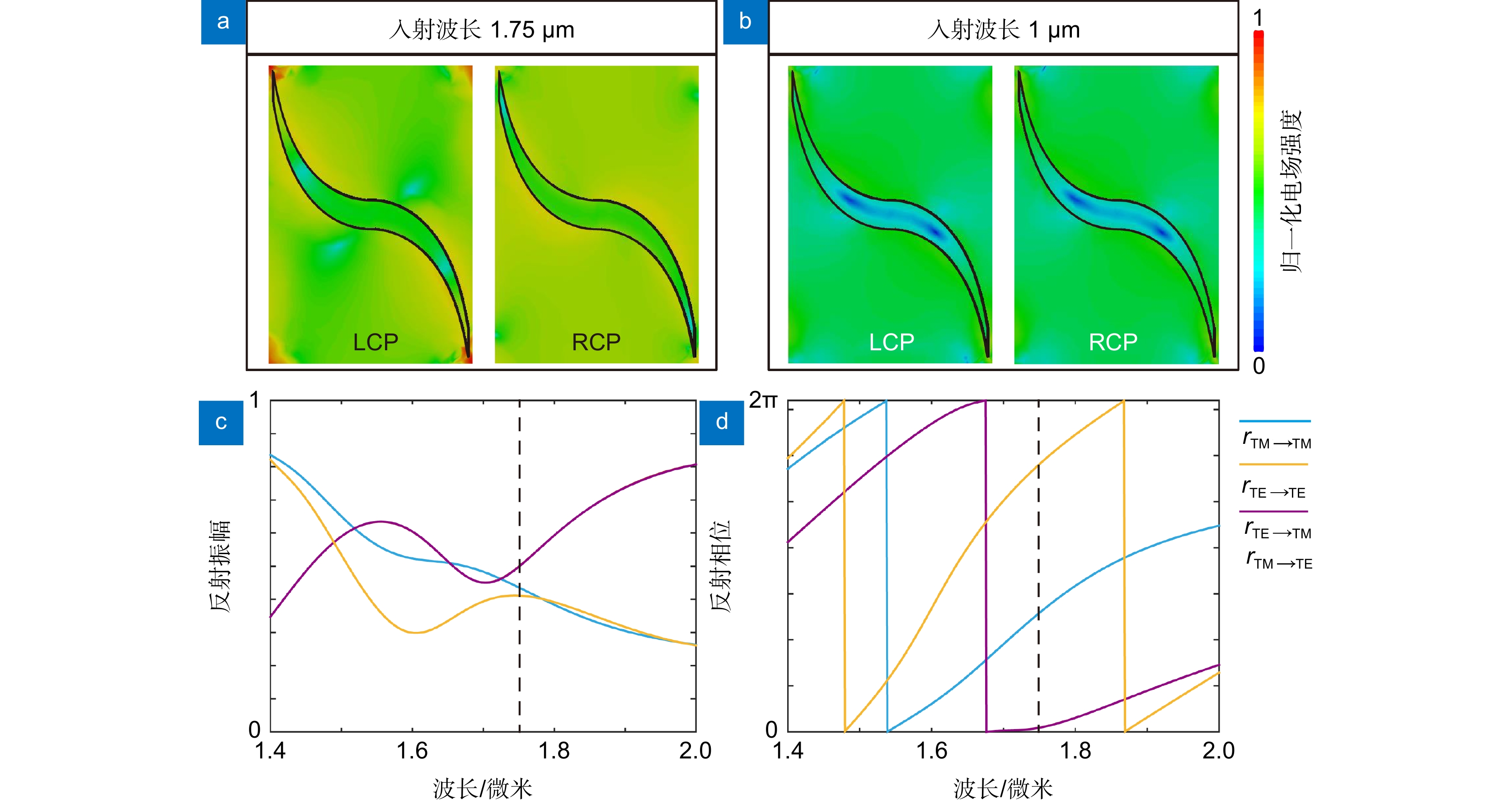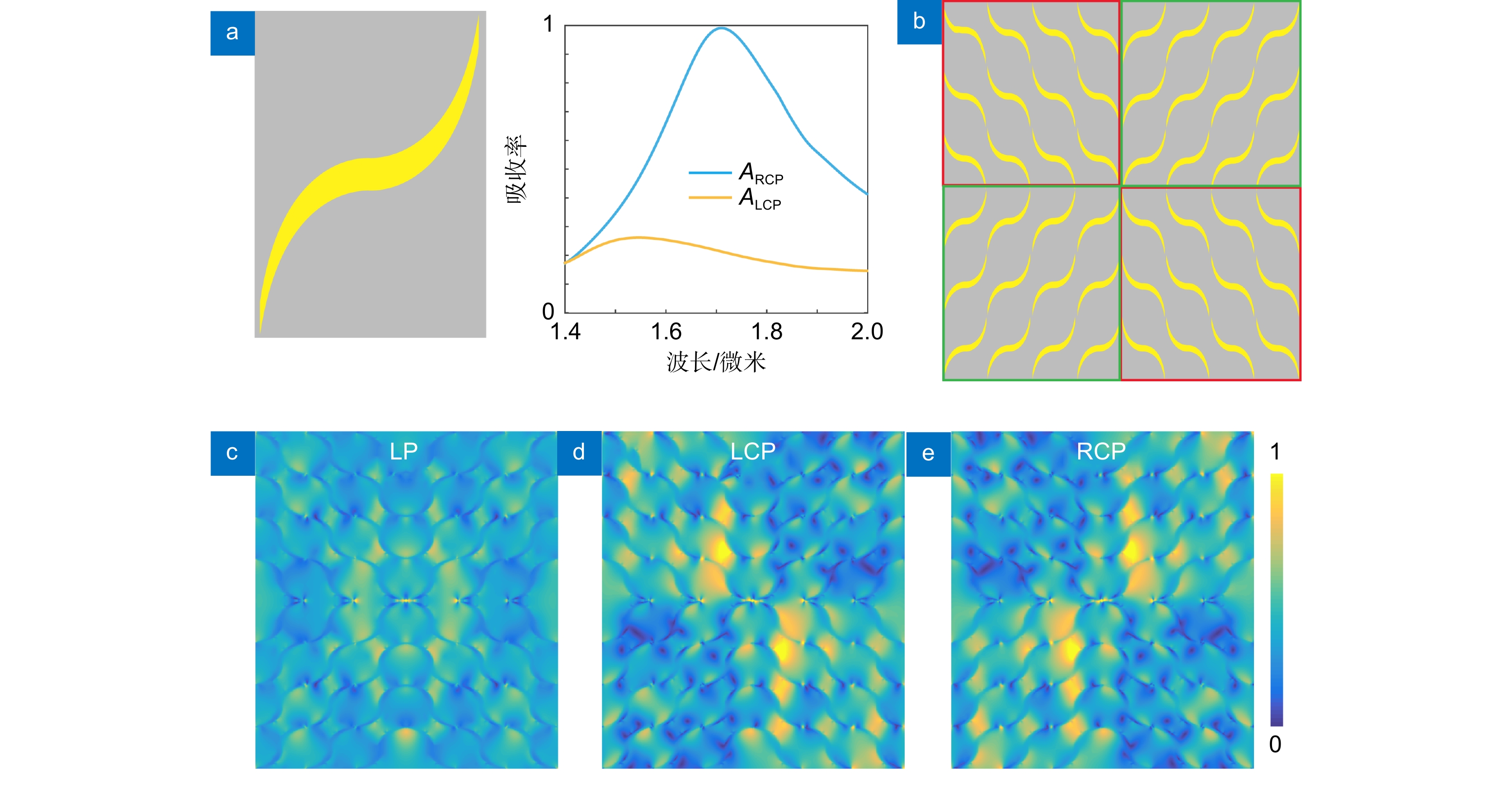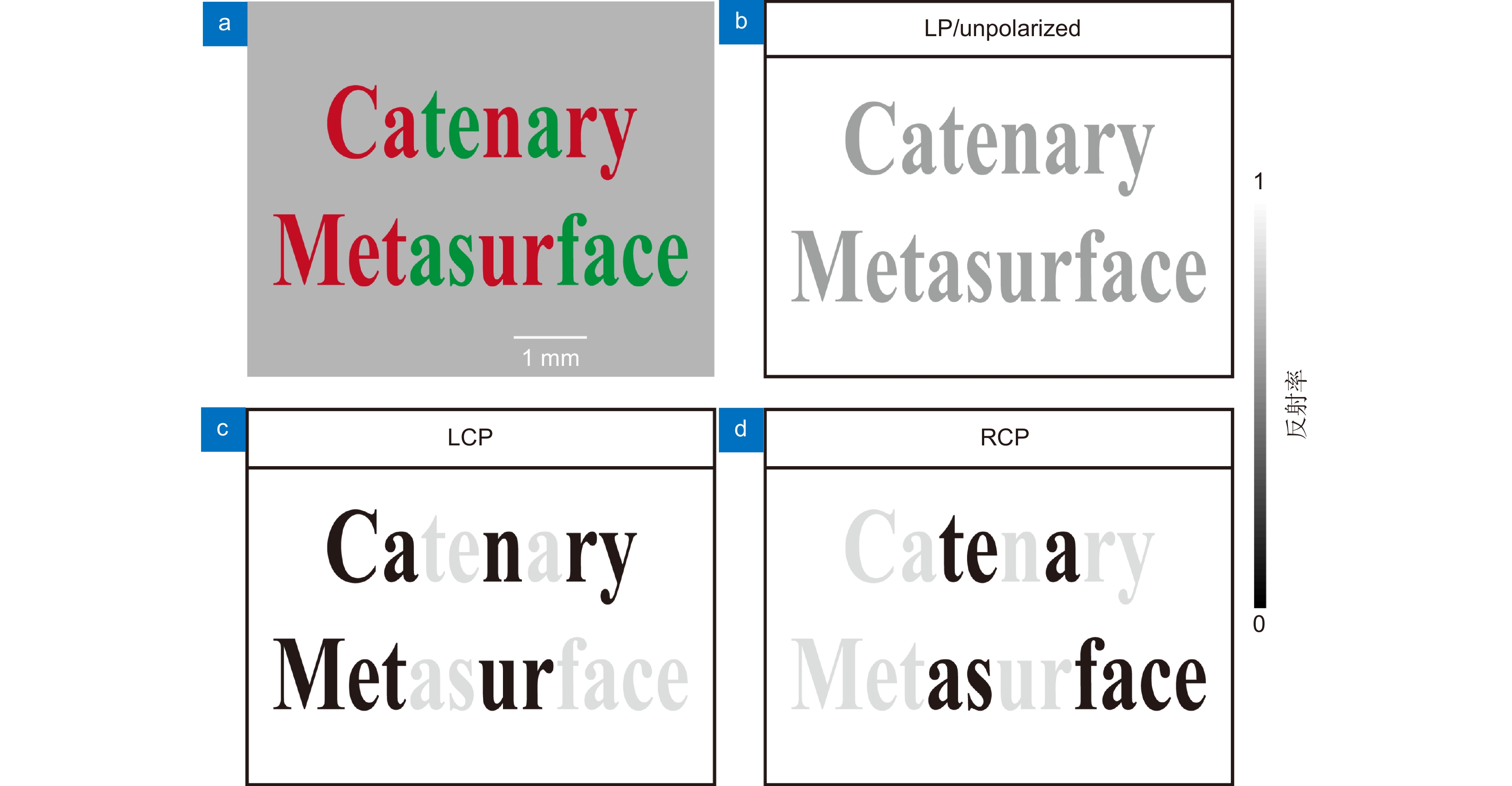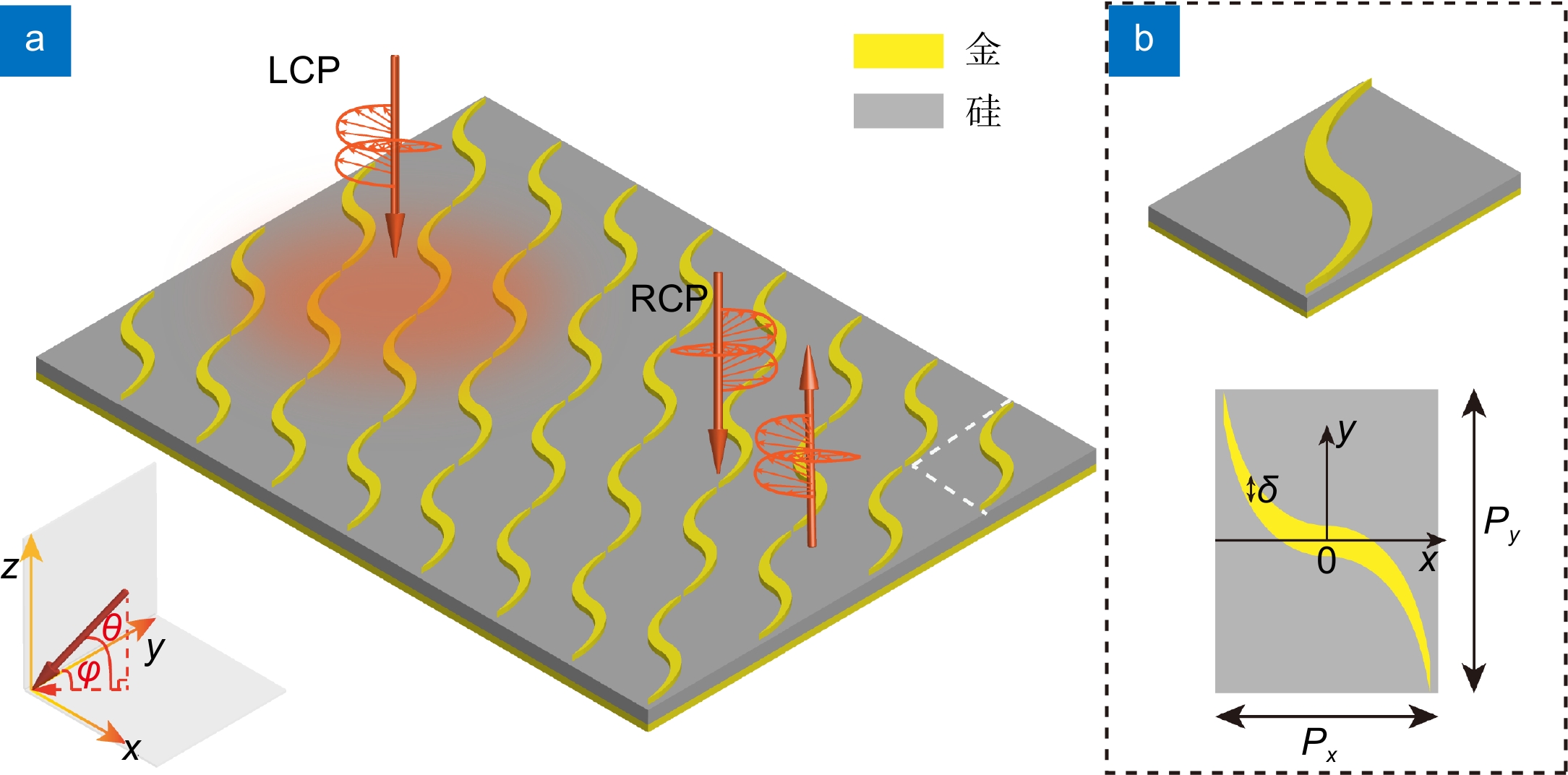-
摘要
近年来,超构表面(metasurface)作为一种人工二维结构由于其超薄的几何结构以及灵活的电磁调控能力受到了学界的广泛关注,如何进一步提高超构表面器件的性能成为了该领域的研究热点。悬链线电磁学(catenary electromagnetics)作为一类新兴的超构表面设计原理为设计高效率超构表面器件提供了新的思路和方法。本文提出了一种基于扭转悬链线结构的超构表面,其能够实现对不同旋向入射的圆偏振电磁波的高效选择性吸收。仿真结果表明所设计的器件在工作波长处对左旋圆偏振电磁波吸收率接近于1,而右旋圆偏振入射时吸收率小于22%,其对应的二向色性大于78%。同时,文章分析了产生高效率手性吸收的物理机制并且提出了一种基于该类结构的信息加密方法。该工作在手性成像与手性探测等领域具有一定的应用前景。
Abstract
As a kind of artificial two-dimensional material, metasurfaces have drawn wide attentions in recent years due to their ultra-thin profile and flexible electromagnetic manipulation capability. Therefore, how to further improve the working efficiency of metasurface devices has become a hotspot in this field. Catenary electromagnetics as an emerging metasurface design principle provides new ideas and methods for designing efficient metasurfaces. Here, we proposed a metasurface absorber based on twisted catenary structure that can achieve efficient spin-selective absorption. The simulated results indicate that the perfect absorption can be achieved for left-handed circularly polarized incidence at the working wavelength, while the absorption for right-handed circularly polarized incidence is below 22%. The corresponding circular dichroism is larger than 78%. Besides, the physical mechanism for the chiral absorption is analyzed and a promising application for information encryption is also discussed. This work may find potential applications in chiral imaging and chiral sensing.
-
Key words:
- metasurface /
- catenary structure /
- chiral absorption /
- circular polarization
-
Overview
Overview: Metasurface is a new kind of artificial two-dimensional material. Its working principle is to flexibly control the amplitude, phase and polarization of the incident electromagnetic wave by using the local interaction between the subwavelength scale unit cell and electromagnetic wave. Compared with traditional optical devices, devices based on metasurfaces have the advantages of compact structure, diverse functions, and easy integration. Therefore, metasurface has become a research hotspot in optics and photonics. At present, the electromagnetic manipulation devices based on the metasurfaces have achieved many novel functionalities, such as perfect absorption, anomalous deflection, focused imaging, electromagnetic cloak, and high efficiency holography. However, there are still some key problems to be solved in this field such as low working efficiency and narrow bandwidth. In recent years, the emergence of catenary electromagnetics provides new ideas and methods to solve these problems. In fact, catenary was first used in engineering and architecture to describe the shape of a soft rope suspended under the uniform gravitational force between two horizontal points. The use of catenary equations to solve problems in the field of electromagnetism has only recently been discovered by researchers. In this paper, we proposed a metasurface absorber based on a twisted catenary structure in the near-infrared band. The local electric field enhancement effect of the structure is different when the incident electromagnetic wave is with opposite spins, which can achieve efficient chiral selective absorption. The simulation results show that the circular dichroism is larger than 78% at the working wavelength. At the same time, the designed structure also has good angular stability, and can still get larger than 60% circular dichroism absorption in the case of oblique incidence at different azimuth angles. Besides, a possible method of information encryption using this kind of structure is proposed. Different information can be read by controlling the handedness of incident electromagnetic wave. This work further enriches the content of catenary electromagnetics, and has certain research value in the fields of chiral imaging and chiral sensing.
-

-
图 1 基于扭转悬链线结构的手性超构表面吸波器。(a) 器件工作示意图。当LCP电磁波入射到器件上时将会被器件完全吸收,而当RCP电磁波入射时,只有小部分被吸收;(b) 单元结构三维示意图(上)与俯视图(下)
Figure 1. Chiral metasurface absorber based on twisted catenary structure. (a) The schematic image of the proposed metasurface. LCP incidence will be totally absorbed by the metasurface, while the RCP incidence will be largely reflected; (b) The 3D (top) and top view (bottom) schematic images of the unit cell
图 2 扭转悬链线结构与传统悬链线结构的对比。(a) 传统悬链线结构的示意图;(b) 不同旋向入射下的反射振幅;(c) 不同旋向入射下的吸收率;(d) 扭转悬链线结构的示意图;(e) 不同旋向入射下的反射振幅;(f) 不同旋向入射下的吸收率
Figure 2. The comparison between the traditional catenary structure and the twisted catenary structure. (a) The schematic image of traditional catenary structure; (b) The reflected amplitude and (c) absorption under different circularly polarized incidence; (d) The schematic image of twisted catenary structure; (e) The reflected amplitude and (f) absorption under different circularly polarized incidence
图 4 扭转悬链线结构手性吸收的物理机理。 (a) 工作波长处不同旋向电磁波入射的归一化电场分布;(b) 非工作波长处不同旋向电磁波入射的归一化电场分布;(c) 线偏振入射下的反射振幅;(d) 线偏振入射下的反射相位
Figure 4. The physical mechanism for the chiral absorption of the twisted catenary structure. (a) The normalized electric field distribution under different circularly polarized incidence at the working wavelength; (b) The normalized electric field distribution under different circularly polarized incidence at the non- working wavelength; (c) The reflected amplitude under linearly polarized incidence; (d) The reflected phase under linearly polarized incidence
图 5 基于扭转悬链线结构的信息加密验证。(a) 将图2(d) 结构镜像后得到的单元结构及其吸收率;(b) 加密图像的原图像;在LP (c),LCP (d) 和RCP (e) 入射下的仿真近场图像
Figure 5. The information encryption verification based on the twisted catenary structures. (a) The mirrored unit cell as that in Figure 2(d) and its absorption; (b) The original image for information encryption; The simulated near field image under LP (c), LCP (d) and RCP (e) incidence
图 6 基于扭转悬链线结构的信息加密应用举例。(a) 用于信息加密的样品示意图;在(b) LP或Unpolarized, (c) LCP和 (d) RCP入射下的近场图像
Figure 6. The information encryption application based on the twisted catenary structure. (a) The sample image for information encryption; The calculated near field image under (b) LP or unpolarized, (c) LCP and (d) RCP incidence
-
参考文献
[1] Luo X G. Subwavelength electromagnetics[J]. Front Optoelectron, 2016, 9(2): 138−150. doi: 10.1007/s12200-016-0632-1
[2] Luo X G. Metamaterials and metasurfaces[J]. Adv Opt Mater, 2019, 7(14): 1900885. doi: 10.1002/adom.201900885
[3] Luo X G, Tsai D, Gu M, et al. Extraordinary optical fields in nanostructures: from sub-diffraction-limited optics to sensing and energy conversion[J]. Chem Soc Rev, 2019, 48(8): 2458−2494. doi: 10.1039/C8CS00864G
[4] Yu N F, Genevet P, Aieta F, et al. Flat optics: controlling wavefronts with optical antenna metasurfaces[J]. IEEE J Sel Top Quantum Electron, 2013, 19(3): 4700423. doi: 10.1109/JSTQE.2013.2241399
[5] Yang Z M, Zhou Y M, Chen Y Q, et al. Reflective color filters and monolithic color printing based on asymmetric Fabry–Perot cavities using nickel as a broadband absorber[J]. Adv Opt Mater, 2016, 4(8): 1196−1202. doi: 10.1002/adom.201600110
[6] Ma J, Huang Y J, Pu M B, et al. Inverse design of broadband metasurface absorber based on convolutional autoencoder network and inverse design network[J]. J Phys D Appl Phys, 2020, 53(46): 464002. doi: 10.1088/1361-6463/aba3ec
[7] Yu P, Besteiro L V, Huang Y J, et al. Broadband metamaterial absorbers[J]. Adv Opt Mater, 2019, 7(3): 1800995. doi: 10.1002/adom.201800995
[8] Huang Y J, Xiao T X, Xie Z W, et al. Single-layered reflective metasurface achieving simultaneous spin-selective perfect absorption and efficient wavefront manipulation[J]. Adv Opt Mater, 2021, 9(5): 2001663. doi: 10.1002/adom.202001663
[9] Huang Y J, Xiao T X, Xie Z W, et al. Single-layered phase-change metasurfaces achieving efficient wavefront manipulation and reversible chiral transmission[J]. Opt Express, 2022, 30(2): 1337−1350. doi: 10.1364/OE.447545
[10] Xie X, Liu K P, Pu M B, et al. All-metallic geometric metasurfaces for broadband and high-efficiency wavefront manipulation[J]. Nanophotonics, 2020, 9(10): 3209−3215. doi: 10.1515/nanoph-2019-0415
[11] Yue Z, Li J T, Li J, et al. Terahertz metasurface zone plates with arbitrary polarizations to a fixed polarization conversion[J]. Opto-Electron Sci, 2022, 1(3): 210014. doi: 10.29026/oes.2022.210014
[12] Qin F, Liu B Q, Zhu L W, et al. π-phase modulated monolayer supercritical lens[J]. Nat Commun, 2021, 12(1): 32. doi: 10.1038/s41467-020-20278-x
[13] Li Z, Zhang T, Wang Y Q, et al. Achromatic Broadband super‐resolution imaging by super‐oscillatory metasurface[J]. Laser Photonics Rev, 2018, 12(10): 1800064. doi: 10.1002/lpor.201800064
[14] Lu D, Liu Z W. Hyperlenses and metalenses for far-field super resolution imaging[J]. Nat Commun, 2012, 3(1): 1205. doi: 10.1038/ncomms2176
[15] Wang YL, Fan Q B, Xu T. Design of high efficiency achromatic metalens with large operation bandwidth using bilayer architecture[J]. Opto-Electron Adv, 2021, 4(1): 200008. doi: 10.29026/oea.2021.200008
[16] Huang Y J, Pu M B, Zhang F, et al. Broadband functional metasurfaces: achieving nonlinear phase generation toward achromatic surface cloaking and lensing[J]. Adv Opt Mater, 2019, 7(7): 1801480. doi: 10.1002/adom.201801480
[17] Yang Y H, Jing L Q, Zheng B, et al. Full-polarization 3D metasurface cloak with preserved amplitude and phase[J]. Adv Mater, 2016, 28(32): 6866−6871. doi: 10.1002/adma.201600625
[18] Qian C, Zheng B, Shen Y C, et al. Deep-learning-enabled self-adaptive microwave cloak without human intervention[J]. Nat Photonics, 2020, 14(6): 383−390. doi: 10.1038/s41566-020-0604-2
[19] Gao H, Fan X H, Xiong W, et al. Recent advances in optical dynamic meta-holography[J]. Opto-Electron Adv, 2021, 4(11): 210030. doi: 10.29026/oea.2021.210030
[20] Deng Z L, Deng J H, Zhuang X, et al. Diatomic metasurface for vectorial holography[J]. Nano Lett, 2018, 18(5): 2885−2892. doi: 10.1021/acs.nanolett.8b00047
[21] Zheng G X, Mühlenbernd H, Kenney M, et al. Metasurface holograms reaching 80% efficiency[J]. Nat Nanotechnol, 2015, 10(4): 308−312. doi: 10.1038/nnano.2015.2
[22] Zhang X H, Pu M B, Guo Y H, et al. Colorful metahologram with independently controlled images in transmission and reflection spaces[J]. Adv Funct Mater, 2019, 29(22): 1809145. doi: 10.1002/adfm.201809145
[23] Luo X G, Pu M B, Guo Y H, et al. Catenary functions meet electromagnetic waves: opportunities and promises[J]. Adv Opt Mater, 2020, 8(23): 2001194. doi: 10.1002/adom.202001194
[24] Pu M B, Li X, Ma X L, et al. Catenary optics for achromatic generation of perfect optical angular momentum[J]. Sci Adv, 2015, 1(9): e1500396. doi: 10.1126/sciadv.1500396
[25] Wang Y Q, Pu M B, Zhang Z J, et al. Quasi-continuous metasurface for ultra-broadband and polarization-controlled electromagnetic beam deflection[J]. Sci Rep, 2015, 5(1): 17733. doi: 10.1038/srep17733
[26] Luo X G, Pu M B, Li X, et al. Broadband spin Hall effect of light in single nanoapertures[J]. Light Sci Appl, 2017, 6(6): e16276. doi: 10.1038/lsa.2016.276
[27] Zhang F, Pu M B, Li X, et al. Extreme-angle silicon infrared optics enabled by streamlined surfaces[J]. Adv Mater, 2021, 33(11): 2008157. doi: 10.1002/adma.202008157
[28] Pu M B, Ma X L, Guo Y H, et al. Theory of microscopic meta-surface waves based on catenary optical fields and dispersion[J]. Opt Express, 2018, 26(15): 19555−19562. doi: 10.1364/OE.26.019555
[29] Huang Y J, Luo J, Pu M B, et al. Catenary electromagnetics for ultra-broadband lightweight absorbers and large-scale flat antennas[J]. Adv Sci, 2019, 6(7): 1801691. doi: 10.1002/advs.201801691
[30] Li X, Pu M B, Wang Y Q, et al. Dynamic control of the extraordinary optical scattering in semicontinuous 2D metamaterials[J]. Adv Opt Mater, 2016, 4(5): 659−663. doi: 10.1002/adom.201500713
[31] Guo Y H, Ma X L, Pu M B, et al. High-efficiency and wide-angle beam steering based on catenary optical fields in ultrathin metalens[J]. Adv Opt Mater, 2018, 6(19): 1800592. doi: 10.1002/adom.201800592
[32] Guo Y H, Huang Y J, Li X, et al. Polarization-controlled broadband accelerating beams generation by single catenary-shaped metasurface[J]. Adv Opt Mater, 2019, 7(18): 1900503. doi: 10.1002/adom.201900503
[33] Palik E D. Handbook of Optical Constants of Solids[M]. San Diego: Academic Press, 1998: 3.
[34] Huang Y J, Xie X, Pu M B, et al. Dual-functional metasurface toward giant linear and circular dichroism[J]. Adv Opt Mater, 2020, 8(11): 1902061. doi: 10.1002/adom.201902061
[35] Li Z G, Rosenmann D, Czaplewski D A, et al. Strong circular dichroism in chiral plasmonic metasurfaces optimized by micro-genetic algorithm[J]. Opt Express, 2019, 27(20): 28313−28323. doi: 10.1364/OE.27.028313
[36] Cao T, Wei C W, Mao L B, et al. Extrinsic 2D chirality: giant circular conversion dichroism from a metal-dielectric-metal square array[J]. Sci Rep, 2014, 4: 7442. doi: 10.1038/srep07442
[37] Huang Y J, Xiao T X, Xie Z W, et al. Multistate nonvolatile metamirrors with tunable optical chirality[J]. ACS Appl Mater Interfaces, 2021, 13(38): 45890−45897. doi: 10.1021/ACSAMI.1C14204
[38] Huang Y J, Liu L, Pu M B, et al. A refractory metamaterial absorber for ultra-broadband, omnidirectional and polarization-independent absorption in the UV-NIR spectrum[J]. Nanoscale, 2018, 10(17): 8298−8303. doi: 10.1039/C8NR01728J
[39] Jing L Q, Wang Z J, Maturi R, et al. Gradient chiral metamirrors for spin-selective anomalous reflection[J]. Laser Photonics Rev, 2017, 11(6): 1700115. doi: 10.1002/lpor.201700115
-
访问统计

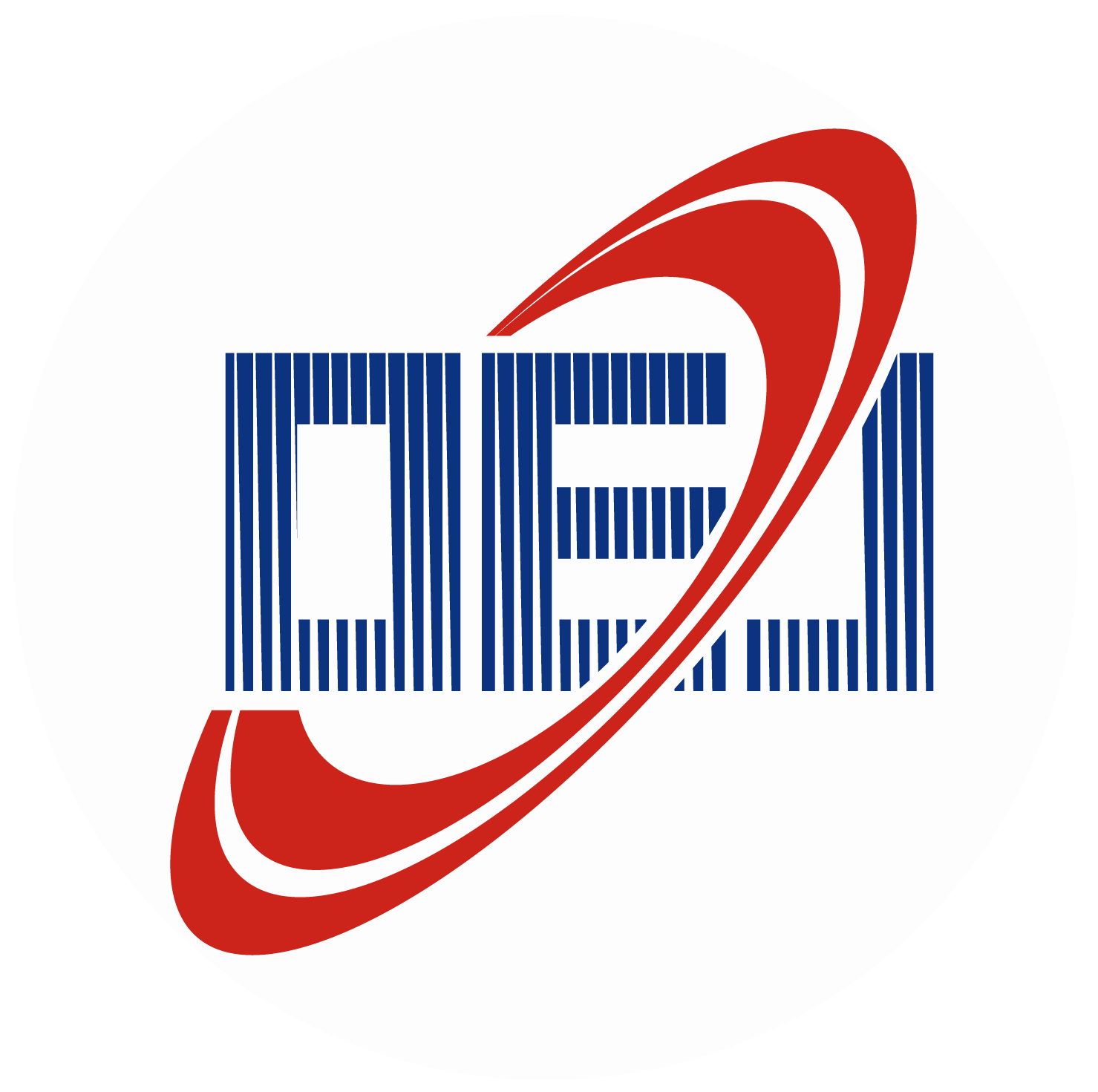
 E-mail Alert
E-mail Alert RSS
RSS

 下载:
下载:
